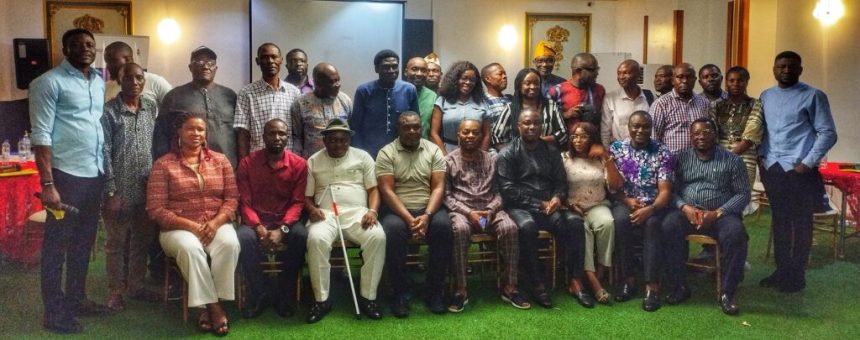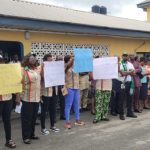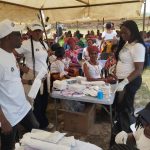By TheInvestigator
The Cross River State has taken a major step towards strengthening access to safe water and sanitation with the validation of its new Water, Sanitation and Hygiene (WASH) Policy. The two-day workshop in Calabar Municipality, organised in partnership with Self Help Africa (SHA) and supported by the UK’s FCDO through WASH Systems for Health (WS4H) Programme, marks the culmination of a year-long review process.
The revised policy, which replaces the state’s 2011 framework, was shaped through extensive stakeholder consultations involving government agencies, traditional leaders, academia, civil society organisations, and community representatives.
According to the communique issued at the end of the workshop, participants adopted the policy and developed an implementation plan, calling on the government to approve and sign it into law within 60 days.
In the communique, stakeholders highlighted the urgency of updating the policy to address emerging challenges such as climate change, population growth, rapid urbanisation, and gender inequalities in access to WASH services.
The signatories of the communique were drawn from the State Government, international partners, localised civil society organisations, the Traditional Rulers Council, the House of Assembly, academia, and persons living with disabilities.
Earlier, the Commissioner for Water Resources, Barrister Mensah Bassey, described the validation as “a milestone in the state’s journey toward inclusive and sustainable WASH services.” He thanked development partners and stakeholders for being part of the process.
Relatively, the Chairman of the State Task Group on Water, Sanitation and Hygiene (STG-WASH) and Permanent Secretary of the Ministry of Water Resources, Dr Okon Ita, said the need for an improved policy was long overdue and is committed to ensuring it becomes a reality.
The Programmes Manager of WASH System for Health Programme by Self Help Africa, Mr John Wali, reiterated the commitment of SHA in strengthening the WASH system in Cross River State.
With the support of the WS4H Programme, which is focused on reducing preventable WASH-related deaths, especially among women and girls, the state is expected to strengthen accountability, improve financing, and scale up community-led solutions.
The finalisation and validation workshop was led by a consultant, Mr Gimba Goyo. It ended with a collective pledge to ensure that the WASH Policy becomes a living document, driving improved health, resilience, and development for all residents of Cross River State.










